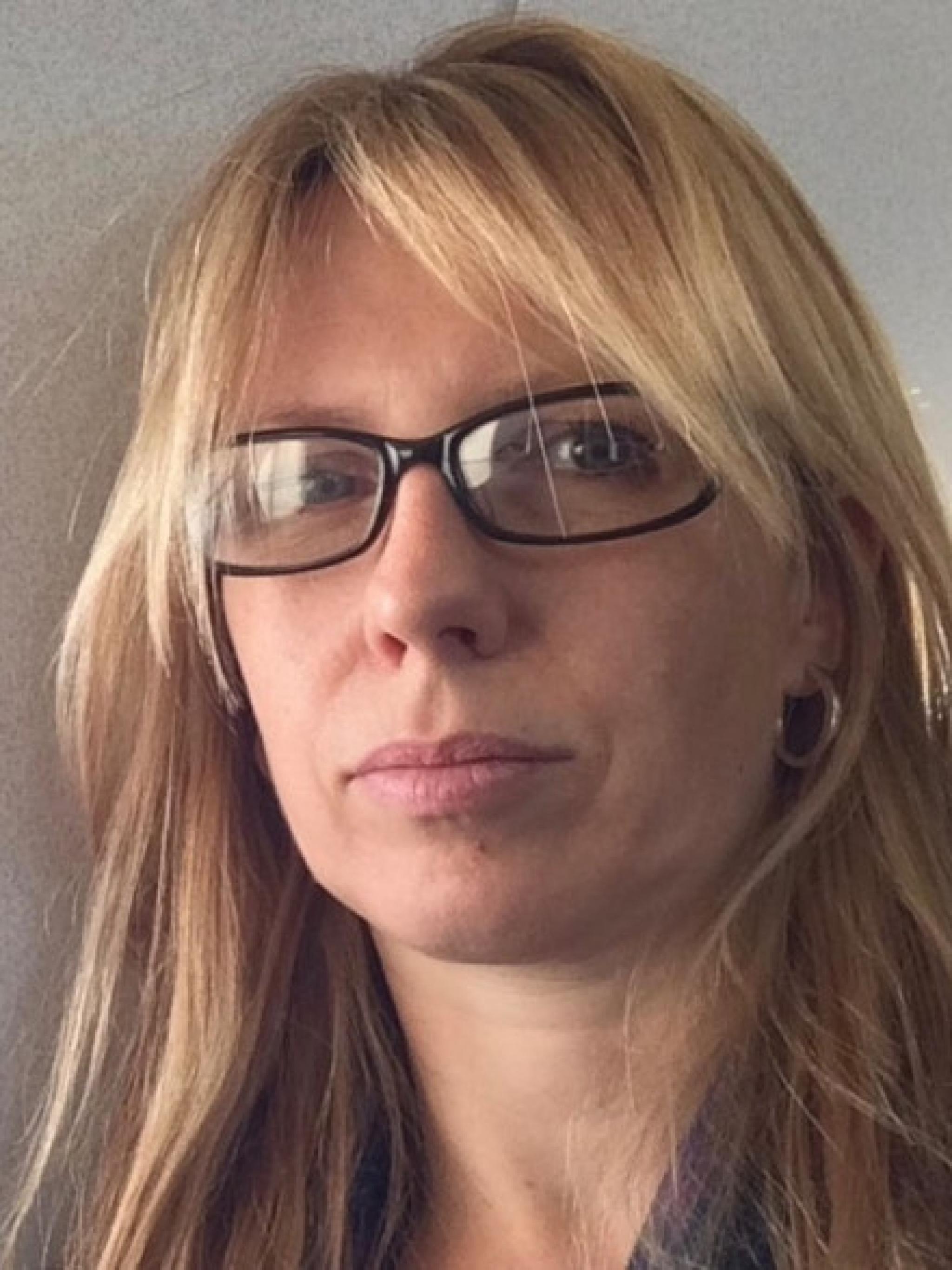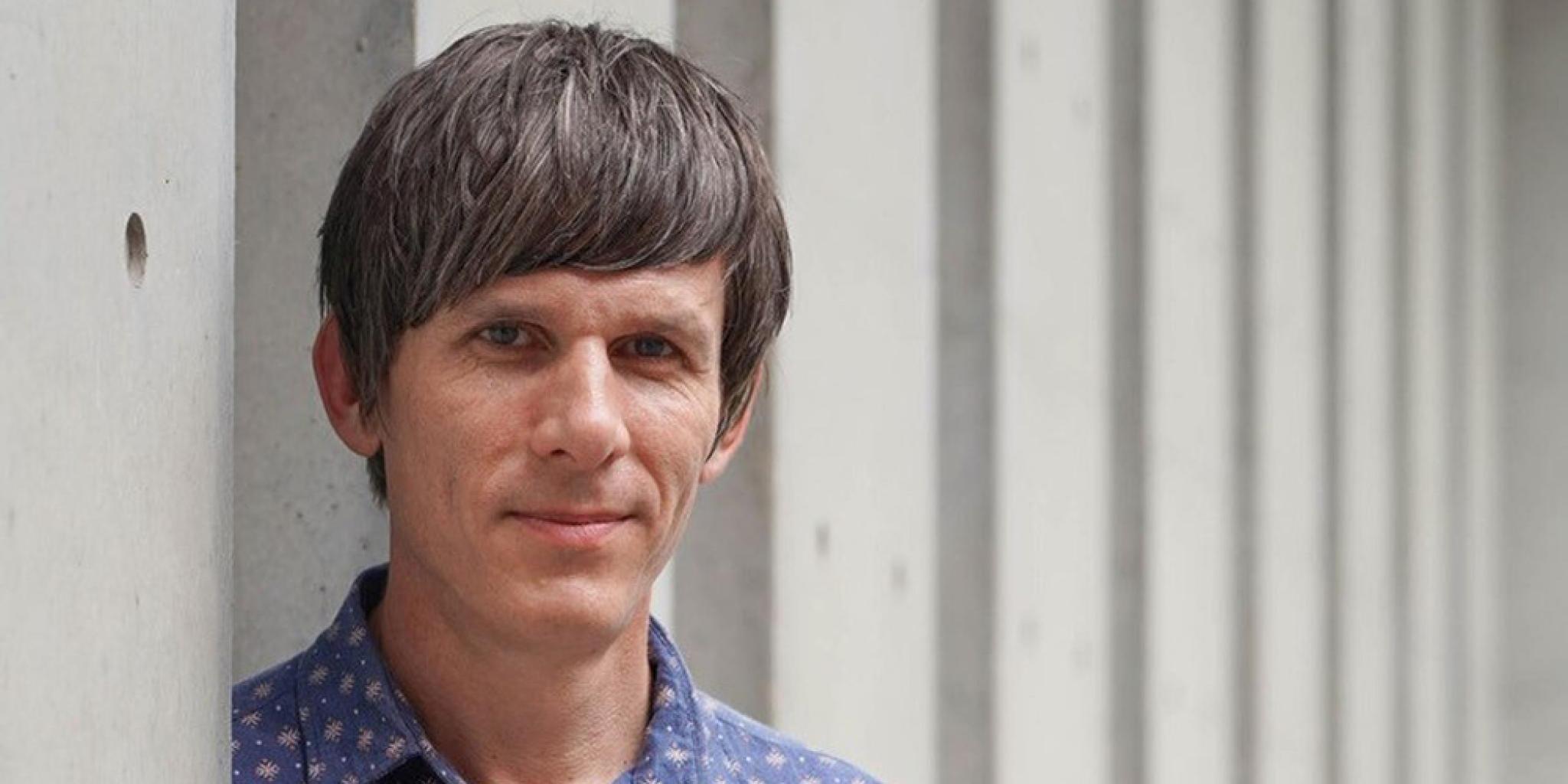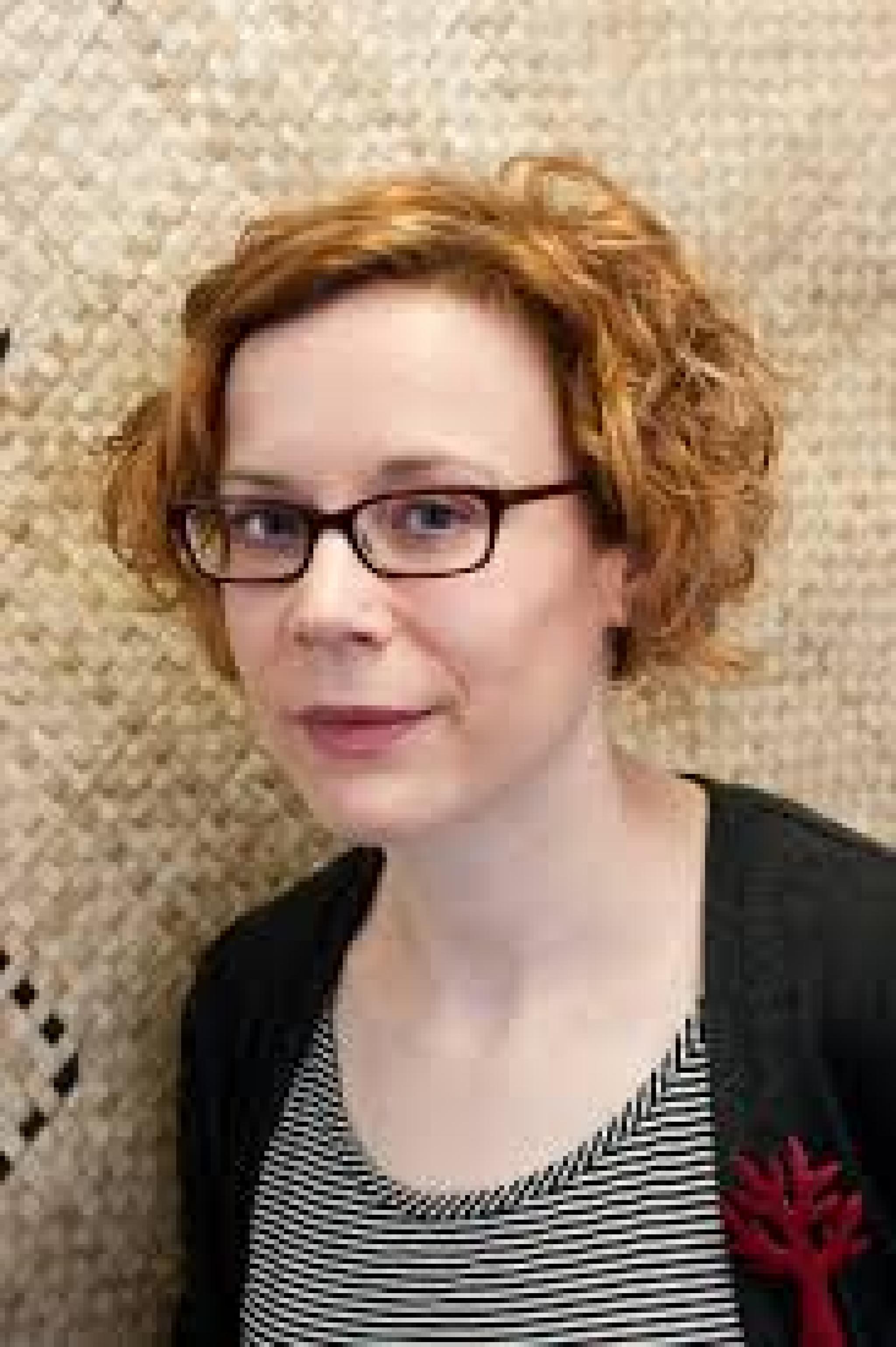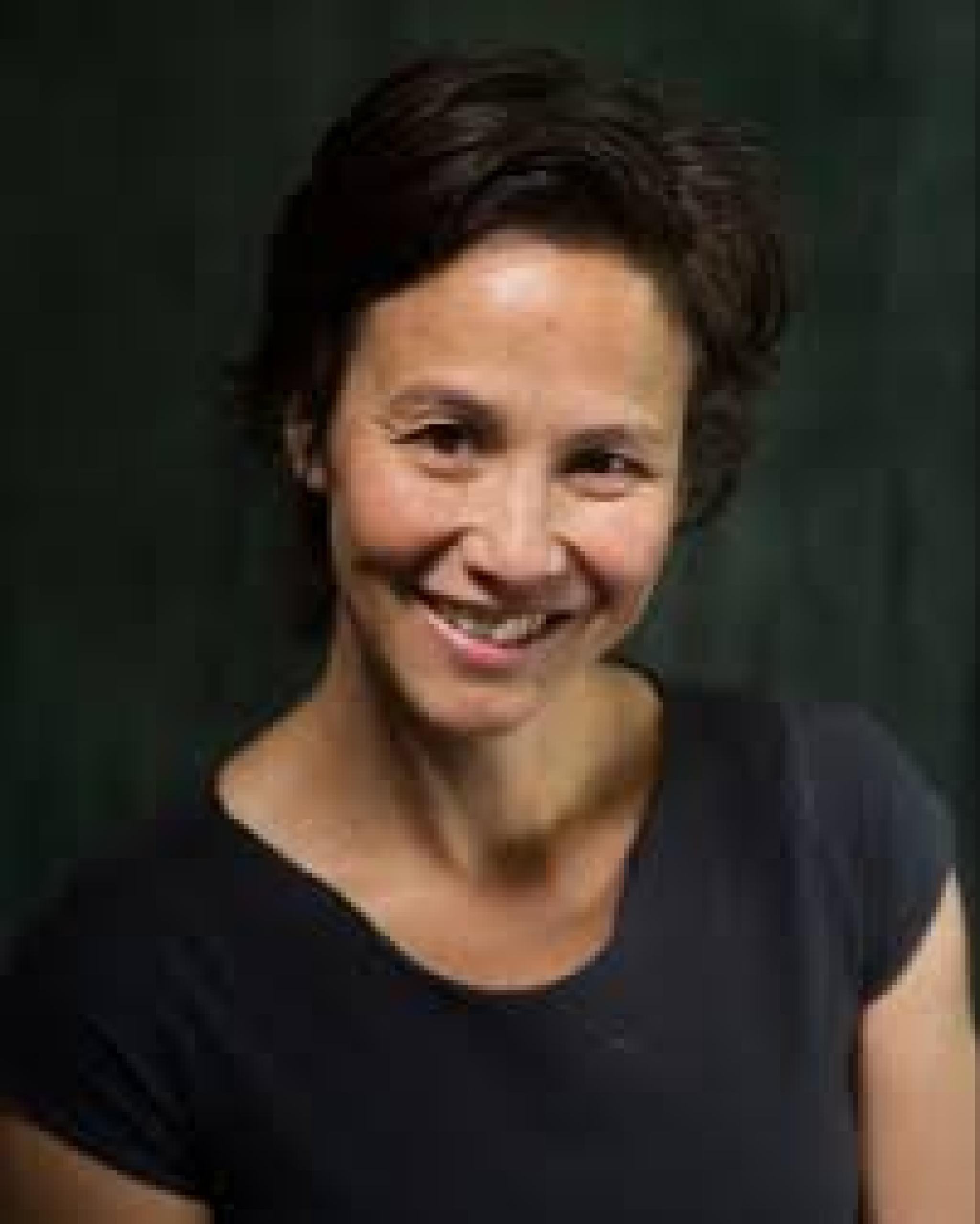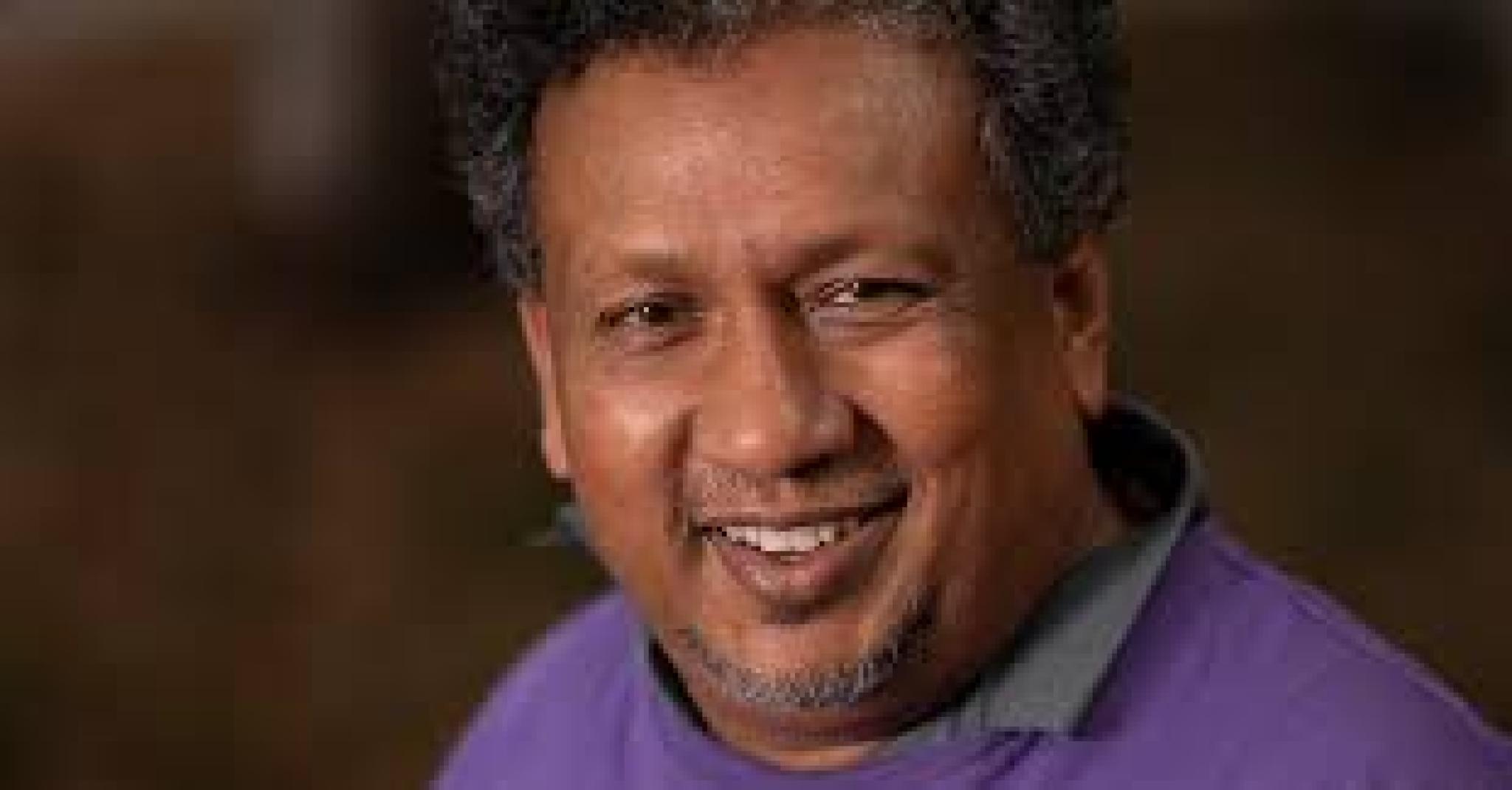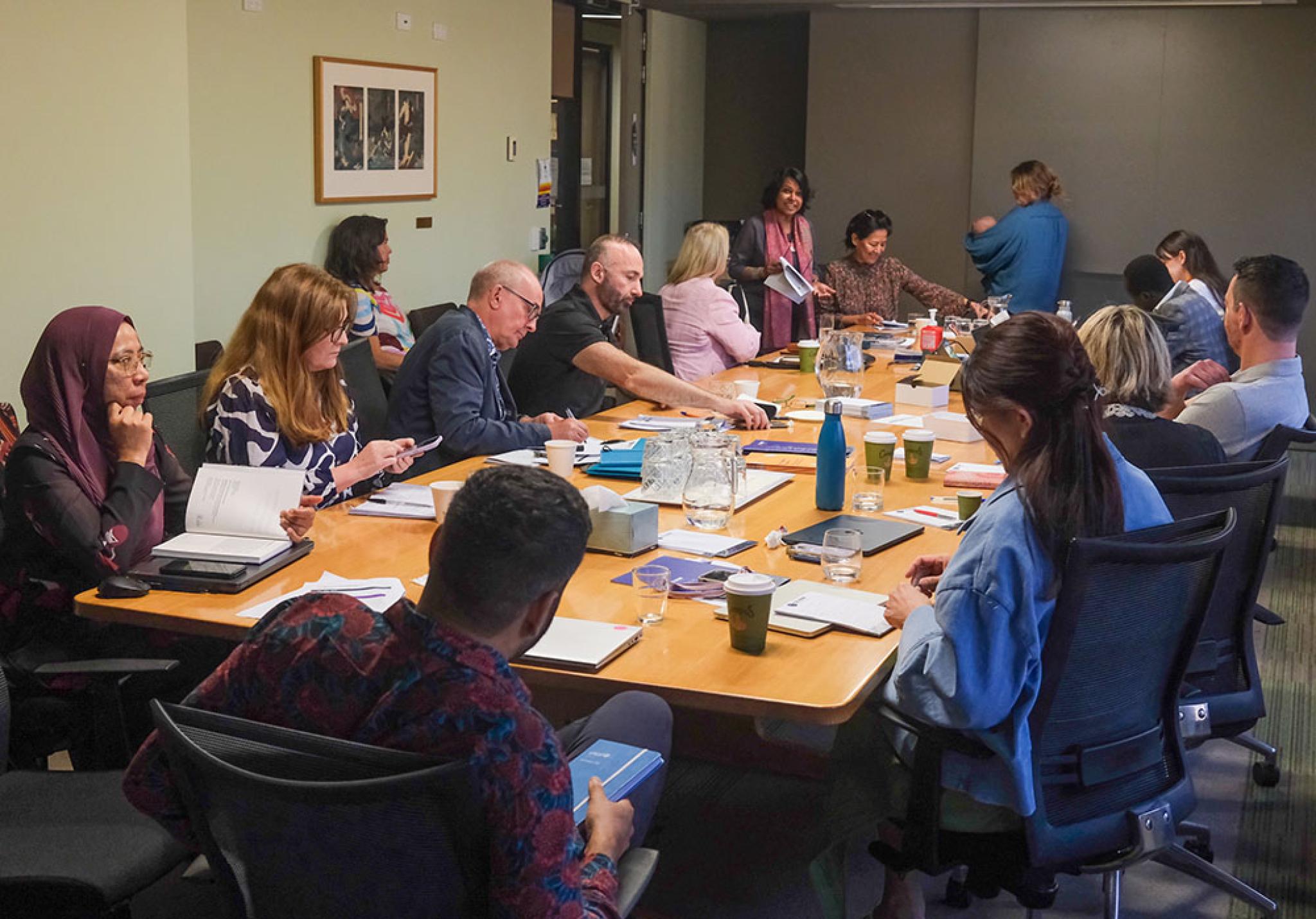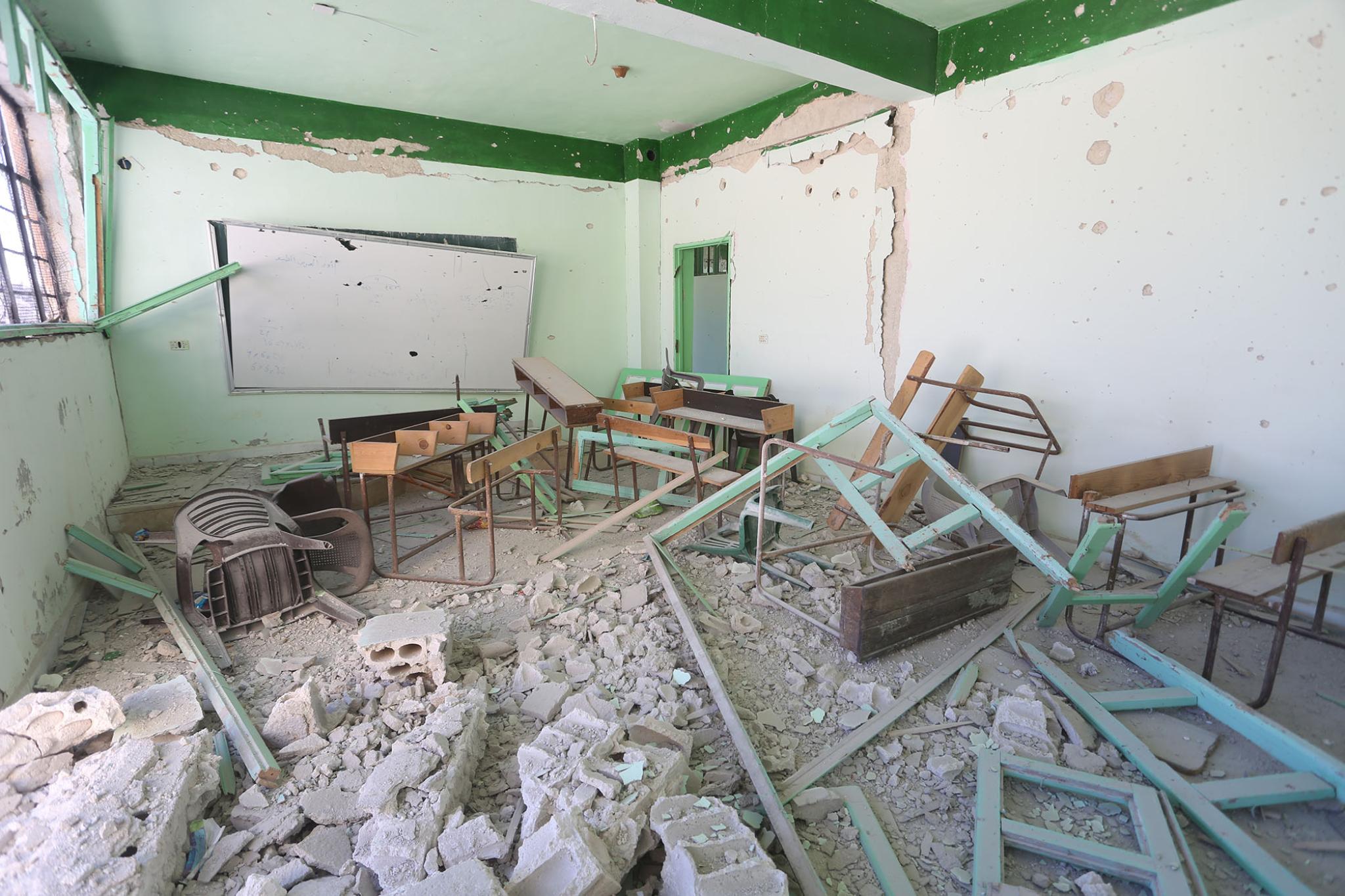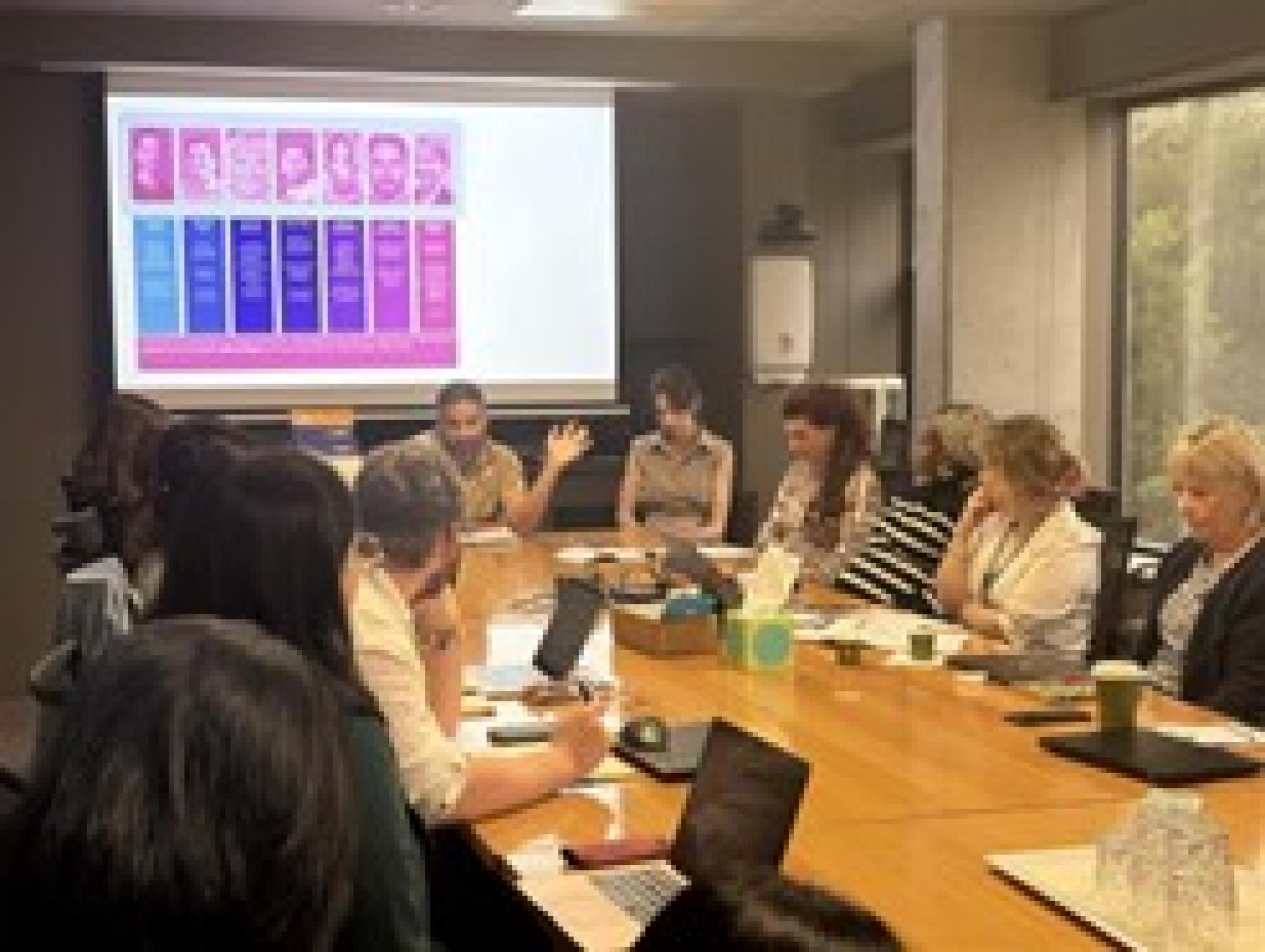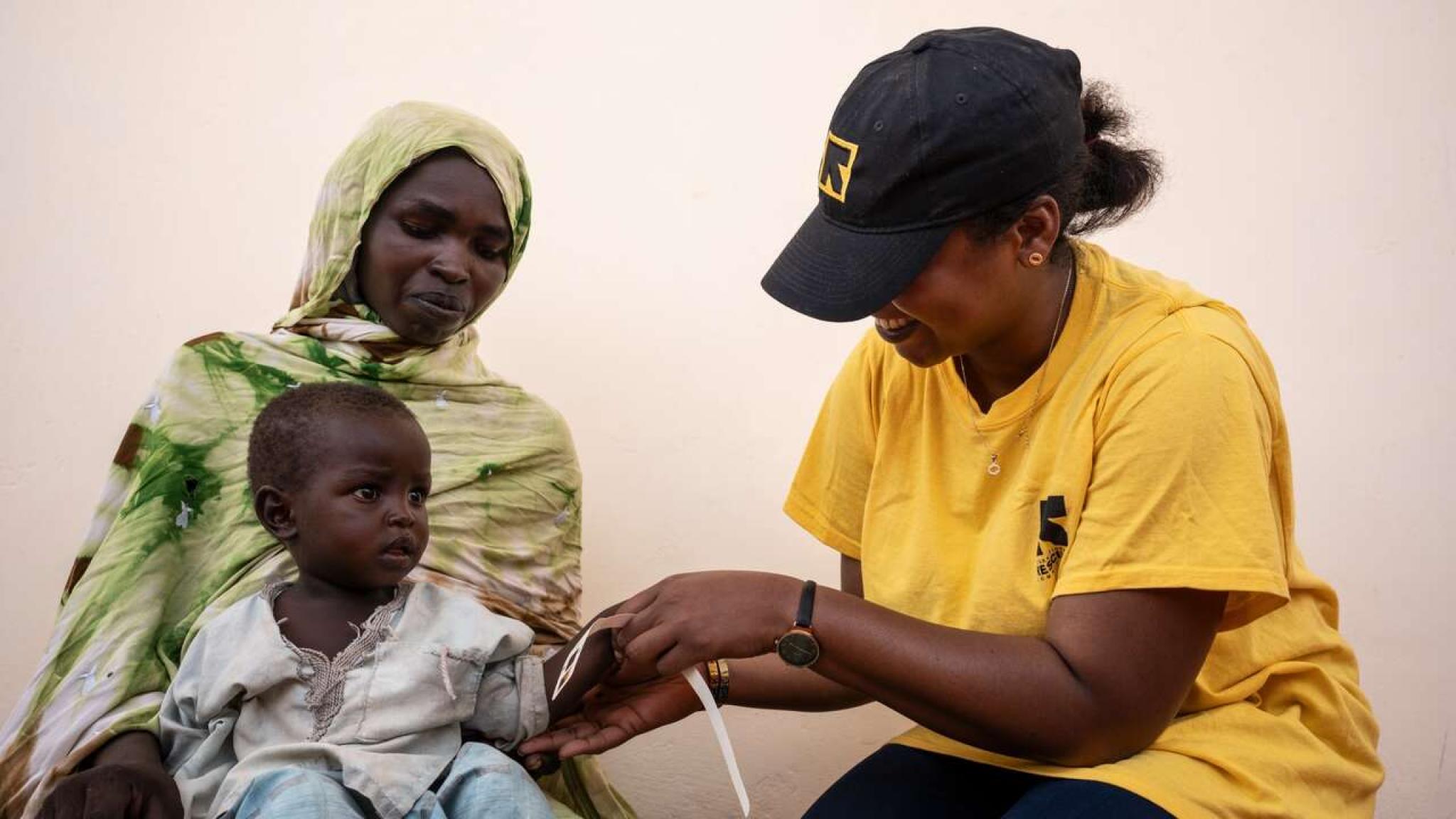Each year Australian Rohingya Women's Development Organisation (ARWDO) holds their annual event in Lakemba, NSW, Australia, bringing together Rohingya women and children for a picnic. This year, the ARC Centre of Excellence for the Elimination of Violence Against Women (CEVAW) research team were invited to join the celebrations. Engaging in partnerships like this, between ARWDO, CEVAW and The Australian National University (ANU), enables the research to be community-based and participatory.
Eliminating violence against women is one of the major challenges of the 21st century. Awareness of the problem has grown exponentially, but solutions to it have not.
This Centre for the Elimination of Violence Against Women (CEVAW) aims to transform our understanding of the problem by examining the structural drivers that cause and compound violence against women, and pioneering new, evidence-based approaches to radically improve policy and practice across Australia and the Indo-Pacific.
Headquartered at Monash University, the CEVAW network comprises 13 Chief Investigators from six Australian universities, and 45 Australian and international partner organisations. The Centre mobilises Indigenous and survivor-centred approaches, interdisciplinary collaborations, and Indo-Pacific partnerships to deliver scalable approaches to eliminate violence against women across the legal, security, economic, health, and political systems of Australia and the region.
The Australian National University is part of the network, through Chief Investigator Professor Bina D'Costa from the Department of International Relations in the Coral Bell School of Asia Pacific Affairs.
This project is one of three major research projects led by Professor Bina D'Costa:
- Humanitarian Emergencies and Global South Responses to Children's Displacement, ARC Future Fellowship, ANU
- Visualising Humanitarian Crises: Transforming Images and Aid Policy, ARC Linkage Project, University of Queensland.
- ARC Centre of Excellence for the Elimination of Violence Against Women (CEVAW), ARC Centre of Excellence
Research focus
The Migration and Trafficking research stream, led by Professor Bina D’Costa at ANU, forms part of the seven-year research partnership at the Australian Research Council (ARC) Centre of Excellent for the Elimination of Violence Against Women (CEVAW). CEVAW is the world’s first Centre to address the full range of forms of violence against women across Asia and the Pacific.
Contributing to broader research on the contexts in which violence occurs and is experienced, this research seeks to identify how changes in socialisation, institutions, technology, civil societies and community practice in specific contexts can reduce violence happening or mitigate impacts. There is focus on Indigenous and First Nations women, and LGBTQAI+ people.
Phases
Two initial interrelated research projects within the Migration and Trafficking stream based at ANU are underway in the first three years: one together with Rohingya communities in Malaysia, Thailand, Indonesia, and Australia, and another focused on women in climate-induced migrant and displaced communities in the Pacific.
Research aims
The projects seek to develop, articulate, and centre indigenous methodologies and survivor-centric approaches to understanding trafficking and smuggling dynamics. Gender justice, from the perspectives of those most affected, is also considered as part of these dynamics. Intersecting with other research streams across the centre this work informs better understandings of protection from violence, extreme forms of exploitation and abuse, violence from colonialism, forced migration, and racism through de-colonial approaches.
A prevention of “violence against women” community knowledge network is being set up that can translate research into policy change. The focus is at the community-level with action research exploring:
- relationships between communication, knowledge, networks, and sector reform to prevent and reduce violence experienced by forcibly displaced and trafficked/smuggled Rohingya populations in Indonesia, Malaysia, Thailand and Australia.
- the key dynamics of violence and climate-induced displacements in Fiji and Papua New Guinea and/or other Pacific communities.
- explore how traditional social awareness programs that target violence, early/forced marriage and trafficking, work in extreme conditions.
- how, in the context of climate-induced migration, activities to mitigate or prevent violence against women is undertaken and how related knowledge is produced.
Where research meets community building
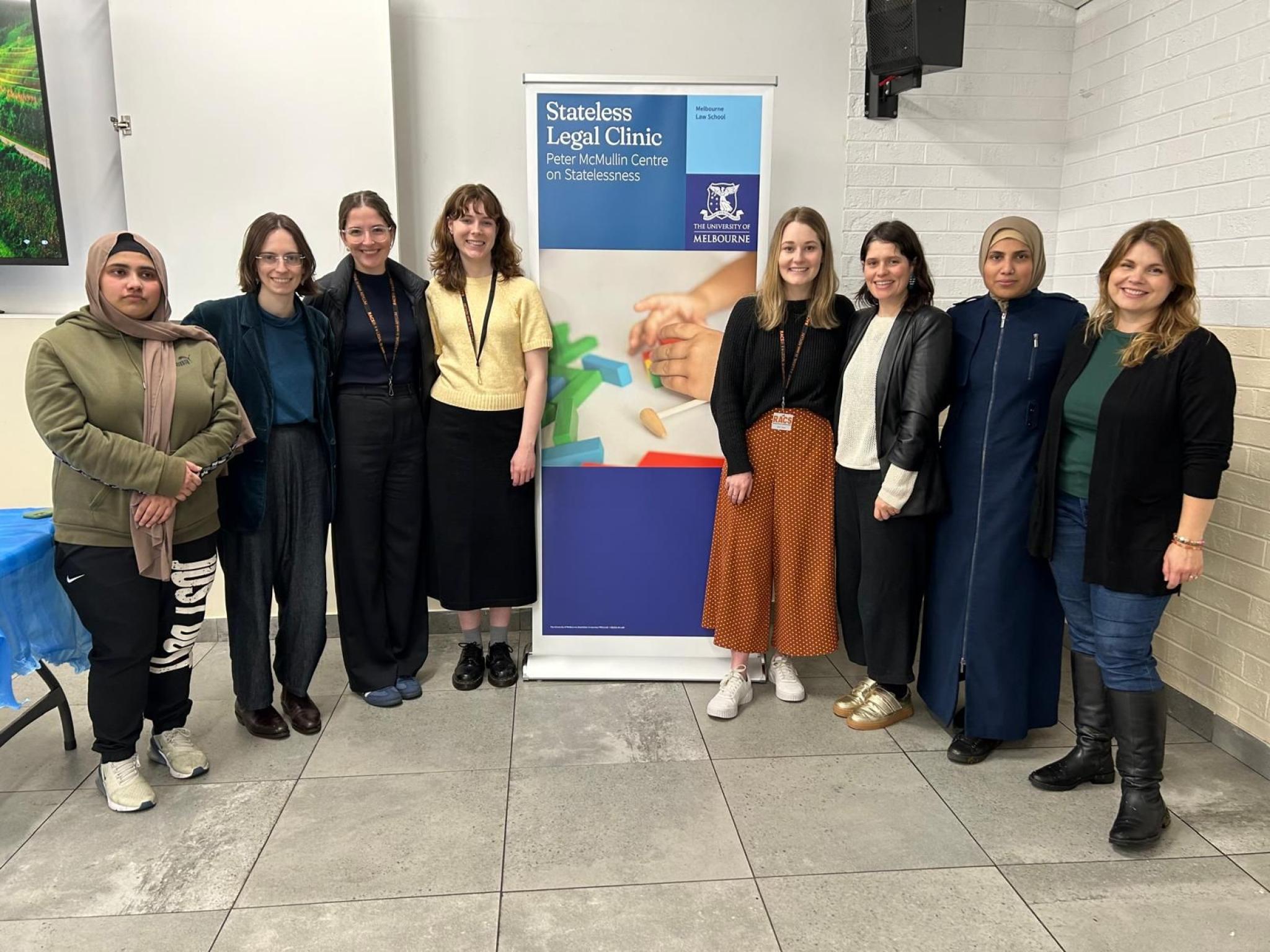
Legal education session for Sydney Rohingya community
Dr Zoe Bell, post doc scholar in the Migration and Trafficking research stream at CEVAW ANU, is engaged with the Australian Rohingya Women's Development Organisation (arwdo.org). In August 2024, together with the wonderful people at the Peter McMullin Centre on Statelessness and the Refugee Advice and Casework Service (RACS), a legal education session was held together with Rohingya community members in Sydney.
With ongoing atrocities targeting the Rohingya in Rakhine state Myanmar, there was interest to hear from Stateless Legal Clinic Director Katie Robertson and RACS Solicitor Emily Pullen about options for family reunion, visas and citizenship. Despite the rain, the event was well attended, and people appreciated the opportunity to speak directly with the lawyers and representatives following the session.
Australian Rohingya Women's Development Organisation are a key project interlocutor, as work in this research stream seeks to centre perspectives from affected community groups from various contexts in the research design and direction.

Professor Bina D'Costa
Read more
Bina serves as a Chief Investigator on Australian Research Council initiatives and holds an ARC Future Fellowship covering topics related to Displacement, Humanitarian Protection and Violence.
At the height of Europe’s refugee emergency, she moved to the UNICEF Office of Research-Innocenti to build its Migration and Displacement program (2016-2018). As a UN staff, in collaboration with multiple agencies and communities, she led research-led policy advocacy in the Horn of Africa, East Africa, Jordan, Lebanon, EU responses to European Refugee Emergency, and served in the 2017 UN Rohingya Emergency First Response Mission in Cox’s Bazar, Bangladesh.
She has provided inputs and technical advice to witness protection and victim support mechanisms at the International Criminal Tribunal for Rwanda (ICTR), Office of the United Nations High Commissioner for Human Rights (OHCHR), International Crimes Tribunal, Bangladesh, and various civil society justice initiatives in Pakistan, Sri Lanka and Cambodia.
She has published many essays and seven books, including Nationbuilding, Gender and War Crimes in South Asia and Children and the Politics of Violence. She received the Distinguished Alumni Award (Peace Studies), University of Notre Dame, United States in 2020 and the Ann Tickner Award from the International Studies Association (ISA) in 2022.
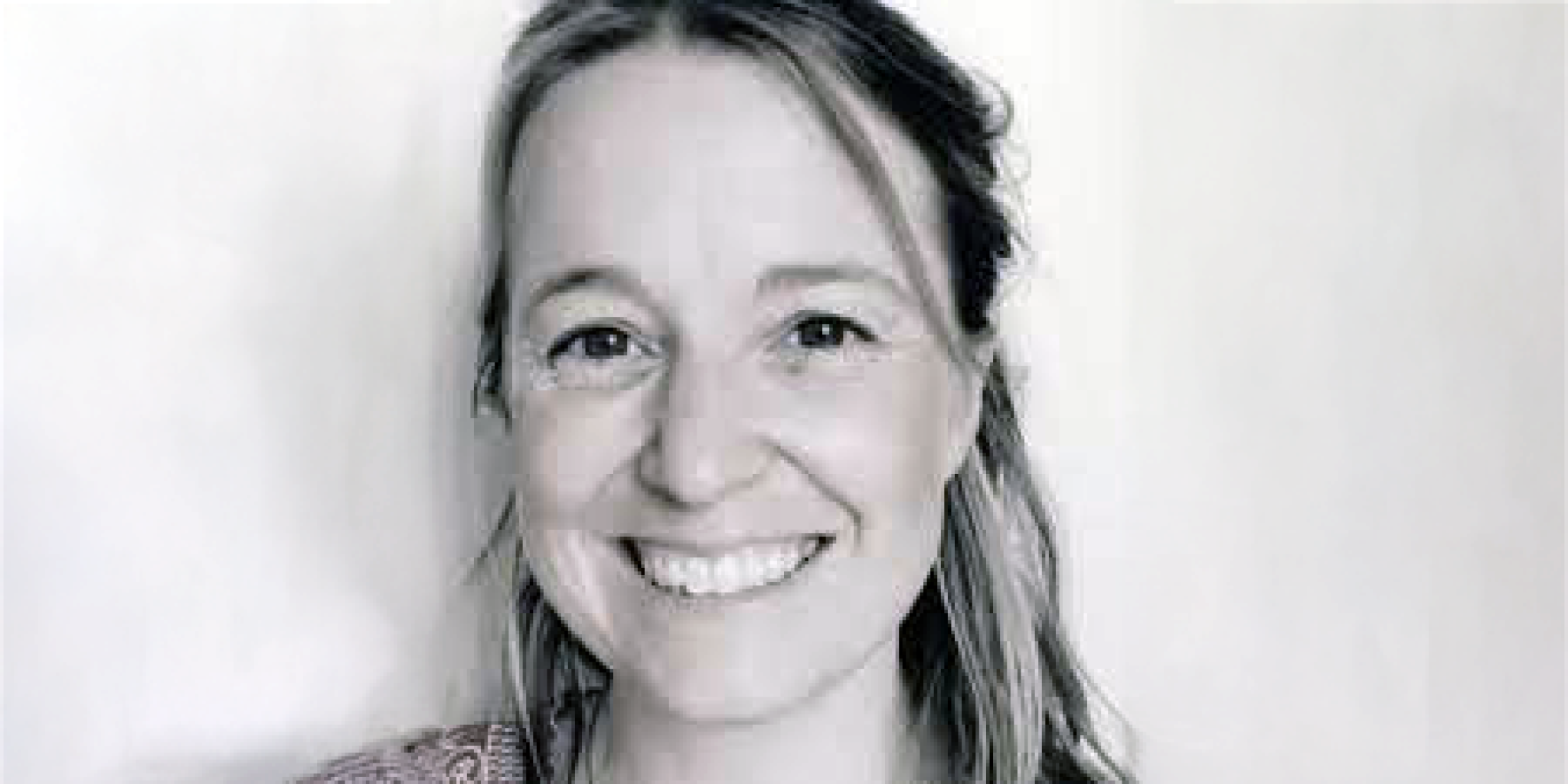
Michelle Godwin
Read more
From 2015-2020 she served in the director’s team of UNICEF’s global research office in Florence, Italy. During the Covid-19 pandemic, Michelle was asked to join the Global Education Cluster in Geneva, guiding inter-agency groups in 25 emergency countries.
The time she spent working with remote Aboriginal community teams with the Red Cross was formative for her. Trained in Human Geography at the universities of Sydney and New England (Armidale), her insights on topics related to children and armed conflict in Asia, protection and participatory community development have been published in peer reviewed journals and books including Global Responsibility to Protect, Child Indicators Research, Development Policy Review and Cambridge University Press.
Michelle is also a founding associate of international consulting firm, Tsunagu. She has always had an interest in interdisciplinary work, ethics, indigenous rights and the use of evidence in different contexts.
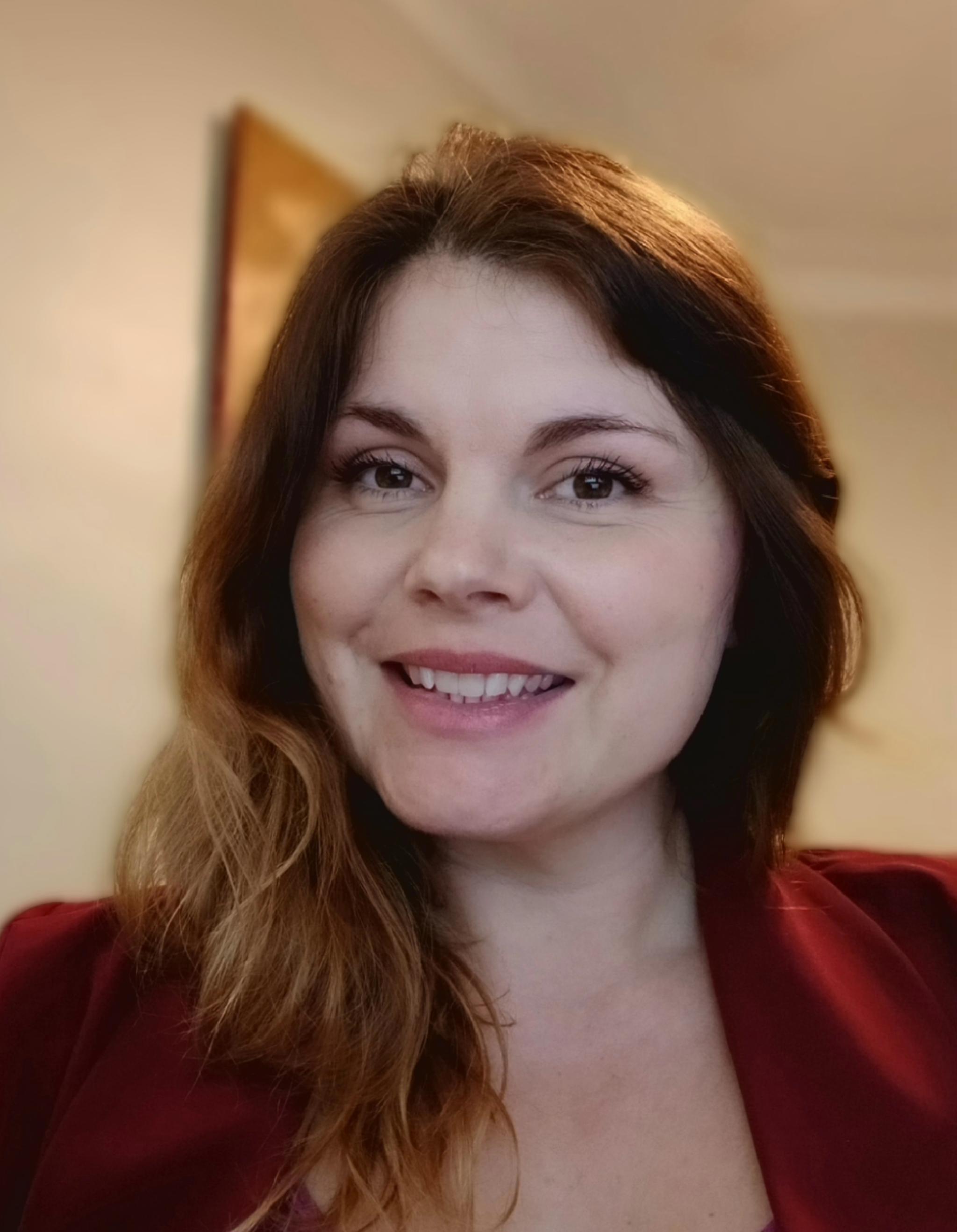
Dr Zoe Bell
Read more
Her PhD in Social Science at UNSW titled 'Experiences of Statelessness and Refugee Protection: Exploring the 'Rohingya Life' in Sydney Australia', was a participatory action research project with the Rohingya community and considered the lived experience of statelessness and temporary refugee protection. Her forthcoming piece titled 'Living in Statelessness: Internalised oppression and the “Rohingya Life”' will be published in the Journal of Citizenship Studies.
Zoe is currently a Research Fellow at the ARC Centre of Excellence for the Elimination of Violence against Women (CEVAW), working at the ANU node on Migration and Trafficking.
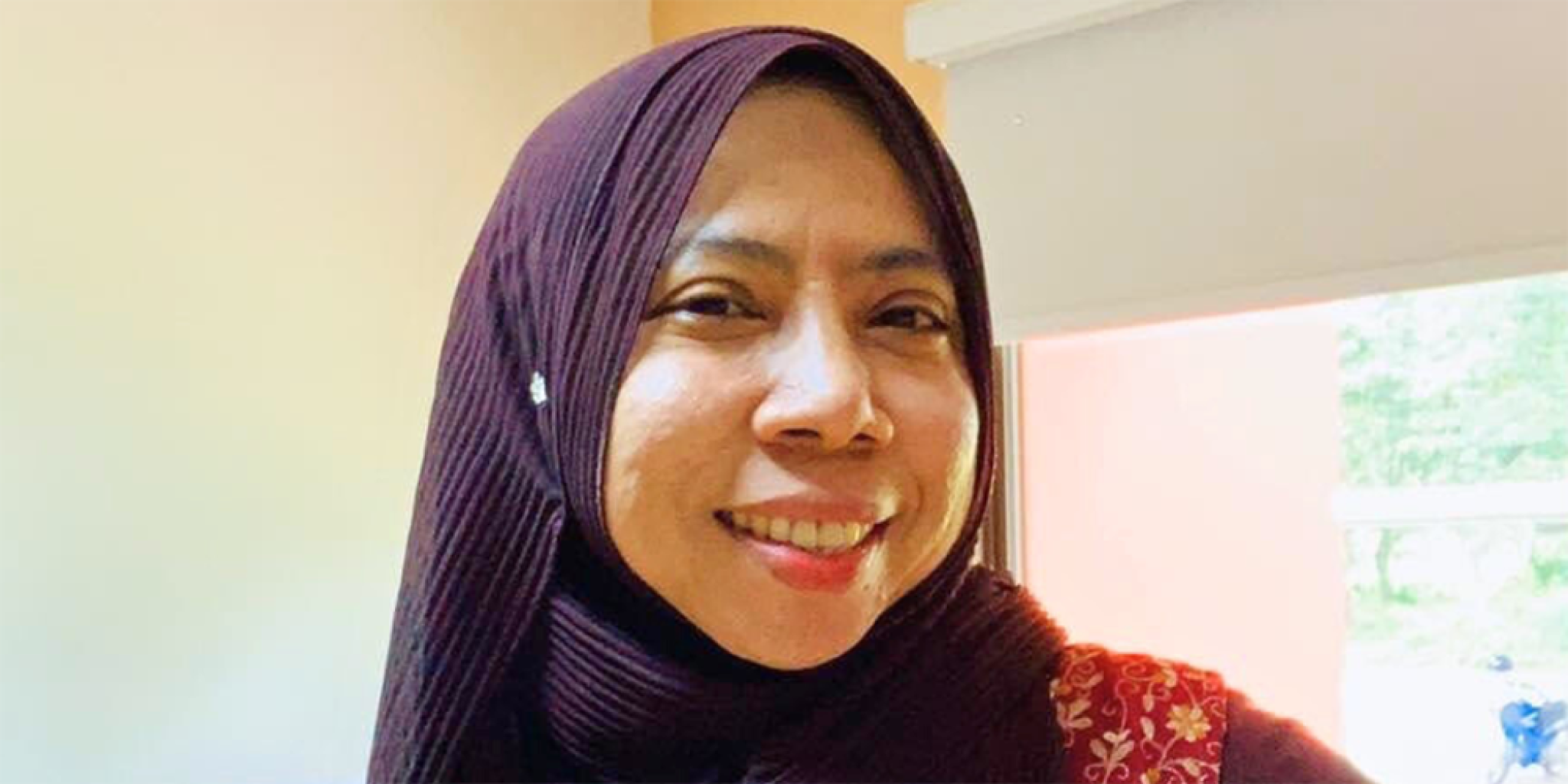
A/Prof Amporn Marddent
Read more
She obtained her PhD in anthropology at Goethe-Universität Frankfurt (2017) on Gender Piety of Muslim Women in Thailand. She works both as activist and academic in cross-disciplinary approaches, comparative religion study, gender, anthropology and peace mediation-encourages women and young people to work for equality and justice particularly in regard to the negative impact on inter-communal relationships between Muslim and non-Muslims during the decades of unrest in the Deep South of Thailand.
She has published on sexual violence, trafficking and migration in Thailand and the region. Her works include,
- Sexual Culture among Young Migrant Muslim in Bangkok (2007),
- Gender Piety of Muslim Women in Thailand (2013),
- Religious Discourse and Gender Security in Southern Thailand (2019),
- Women, Peace and Security Agenda: Recommendations for the Development of National Action Plan (2022).
She has also contributed to policy research for UNDP and UNODC, which was based on her ethnographic investigation.
Associate Investigators
See CEVAW website for others affiliated with this research stream
